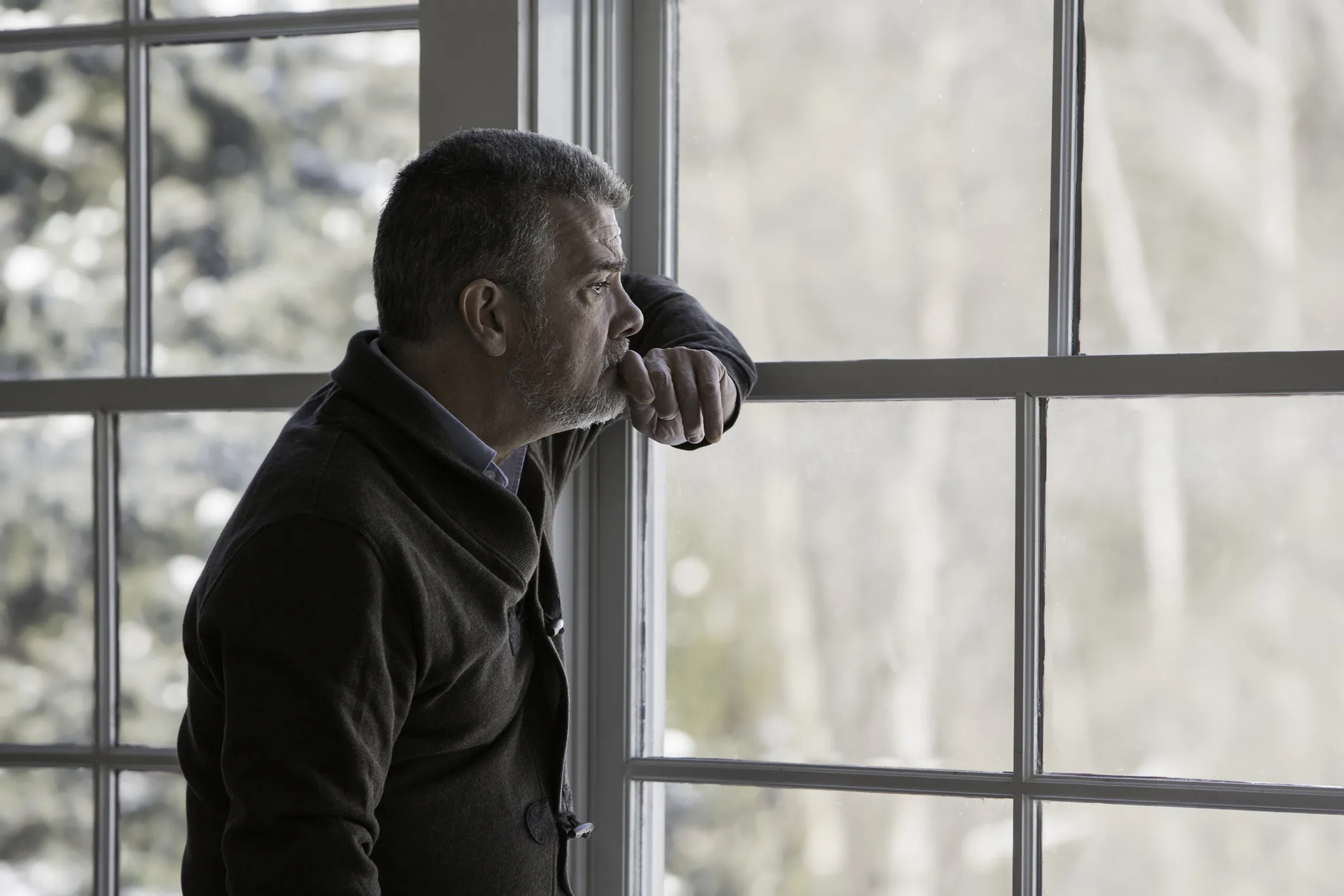Mental Health Strategies To Help You Through Winter And Beyond
Whether or not you struggle with clinical depression, winter can intensify feelings of isolation and distress. It’s helpful to remember your feelings are valid and your experience is real.
Here are a few strategies to guide you through winter or any dark and difficult times.
1. Practice mindfulness to lessen negative feelings.
If you’re struggling with depression, it is not uncommon to notice increasingly negative thoughts. Thoughts that are self-critical, apathetic, and “catastrophize” or “awfulize” situations induce negative feelings and can cause low self-confidence and feelings of hopelessness and powerlessness.
A strategy that can help is called mindfulness. Mindfulness is conscious awareness of your mental processes and experiences. While being mindful, you can recognize that thoughts are just thoughts, internal experiences that come and go, and that just because you think something doesn't make it true.*
2. If you build a healthy mindset, positivity will follow.
A commonly held belief is that when we feel better, we’ll have more healthy mental experiences. In reality, we have to start pushing our mind to be optimistic, hopeful, compassionate and grateful in order to feel better. Those healthy mental experiences do not always come intuitively, especially if you’re feeling depressed. They happen with conscious effort!
Popular ways to practice these skills include: writing down three things you are grateful for each day, creating a vision board, creating a personal mission or mantra, and performing random acts of kindness.
3. Skip comforts that result in discomfort.
The mind and body work together. Often when the mind is distressed, the body will crave immediate comforts. Be aware of what comforts your body seeks. Not all cravings are healthy! It is best to avoid using comforts that have long-term negative consequences such as alcohol, substances, gambling, pornography or over-eating. These habits can worsen depression symptoms and induce a downward spiraling effect that could lead to a mental health crisis.
Stick to healthy strategies that do not have long-term negative consequences, such as self-help books and videos, therapy, massage, meditation, spiritual devotions and staying connected with positive peers, etc. Additionally, taking care of your physical health includes complying with your medication regimen, eating healthy foods and maintaining a regular sleep schedule.
4. Move as much as you can.
Movement, such as walking and stretching, is particularly important to help you through this season. Feeling fatigued and unmotivated are common in depression. Push through, when and if you can, by taking breaks or using self-rewards when needed. There may be times when the fatigue is signaling an increased need to rest and heal. Be patient with yourself and try to find a balance of push and rest that works best for you.
One way to help with this balance is to set a schedule or develop a routine. It doesn't have to be rigorous, just something to keep you from over- or under-sleeping, using unhealthy coping strategies or further isolating. Schedule one thing, even if it's one chore or task, per day or per hour, depending on your capabilities.
It is often believed that once the symptoms of depression are reduced, life becomes worth living. This belief can sometimes rob us of valuable time and life experiences! It’s important to your overall health to manage symptoms of depression so you can continue to live and thrive, even through dark periods.
*Thoughts of dying are common with depression, as the mind may be looking for a way out of its distress. Thinking of death or dying is NOT the same as wanting to commit suicide, but can still be unsettling. If you are having thoughts of suicide, wanting to actively end your distress, please go to your local emergency department and/or call 988. You can also reach out to the suicide hotline at 800-273-8255. It may be time to seek medication and initiate therapy services.

Traci Richards, Ph.D. is a Licensed Professional Counselor in the state of Virginia. She is responsible for the Behavioral Health programs at Chesapeake Regional Medical Center and also serves as an adjunct professor for Old Dominion University’s graduate counseling program. Dr. Richards has worked in various mental health settings, including private practice, and has extensive experience working with a broad range of mental health issues across the lifespan.